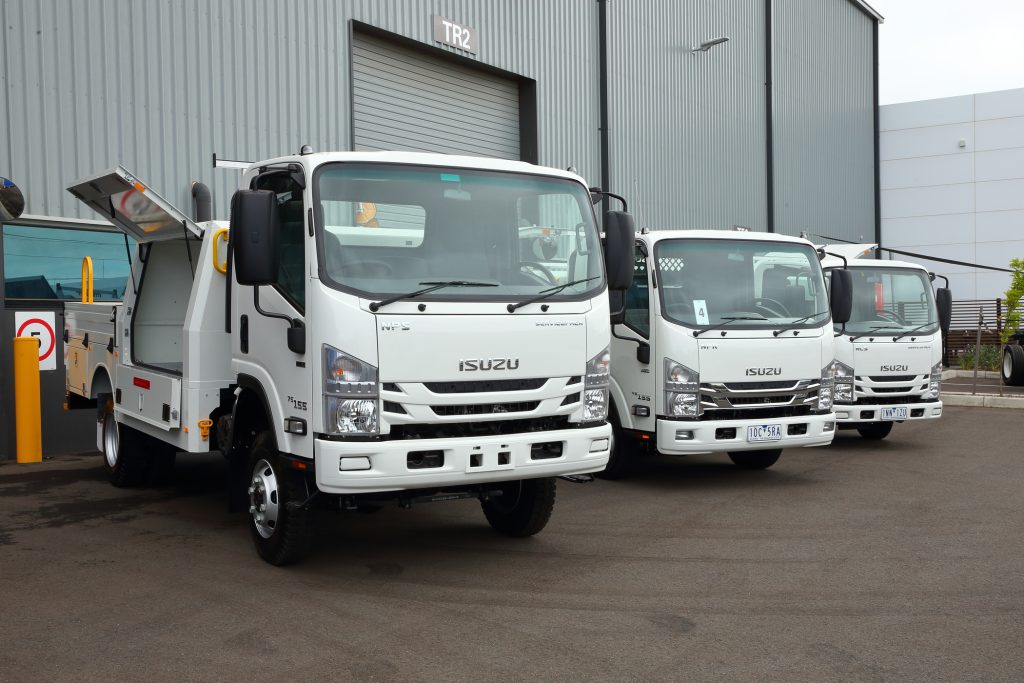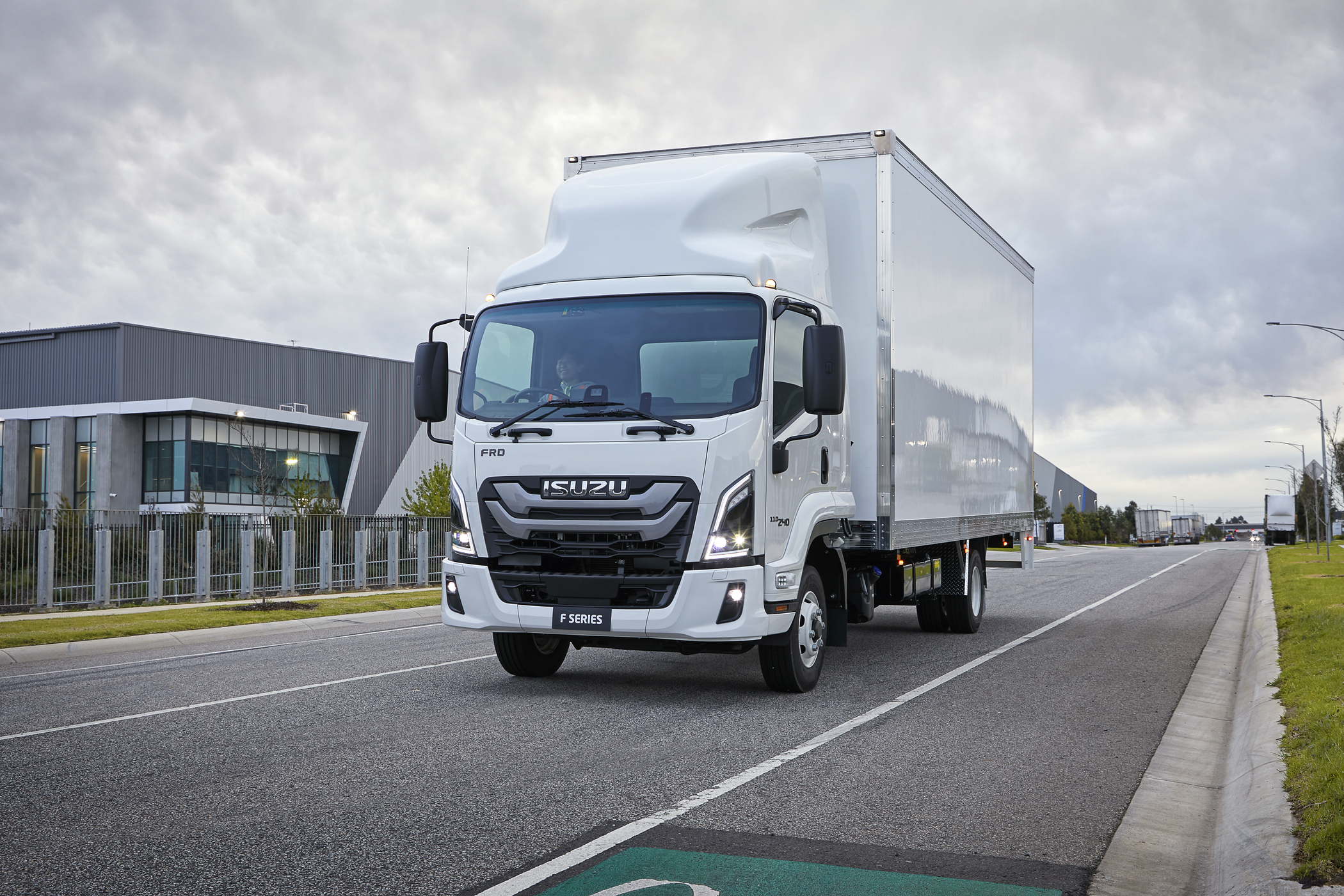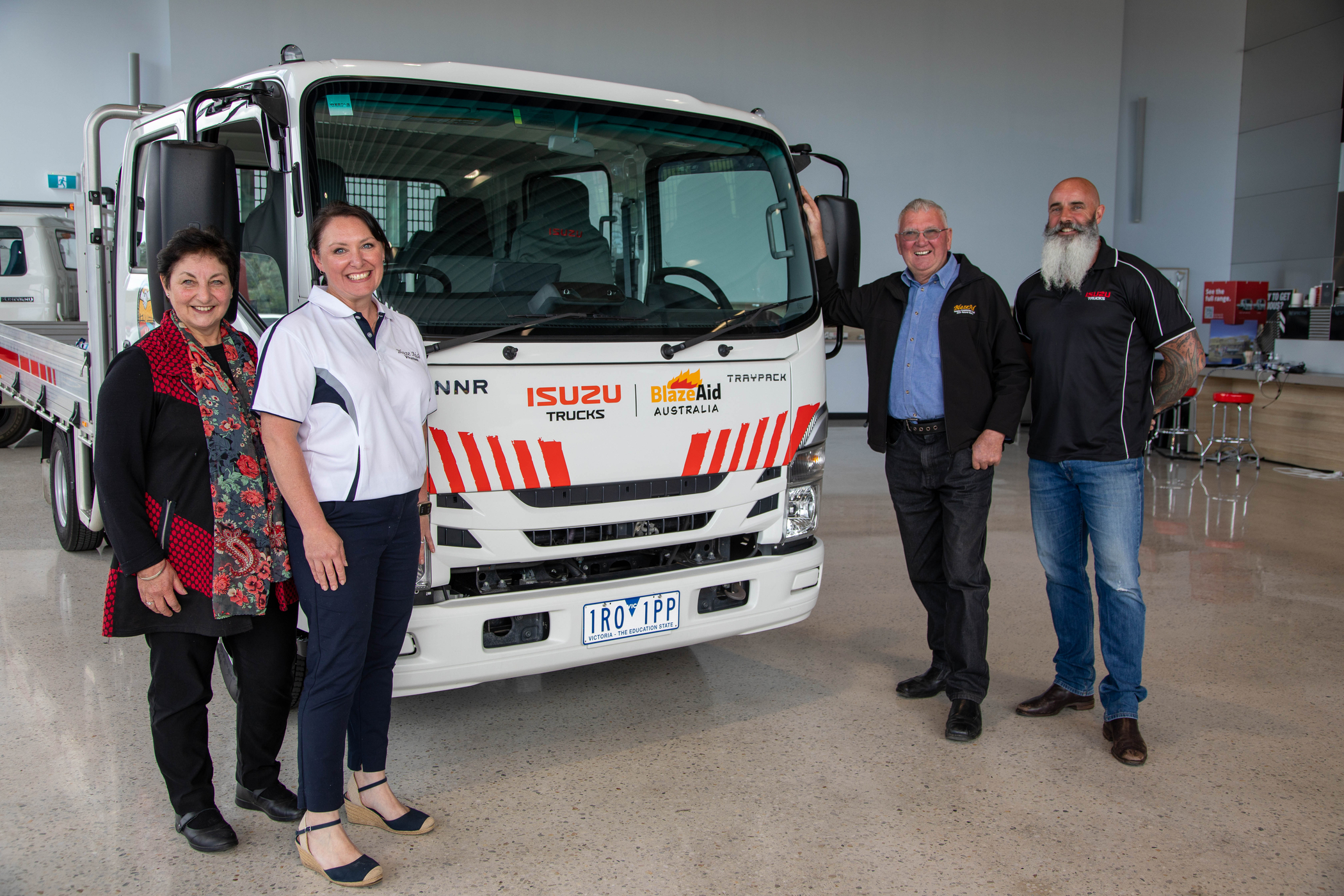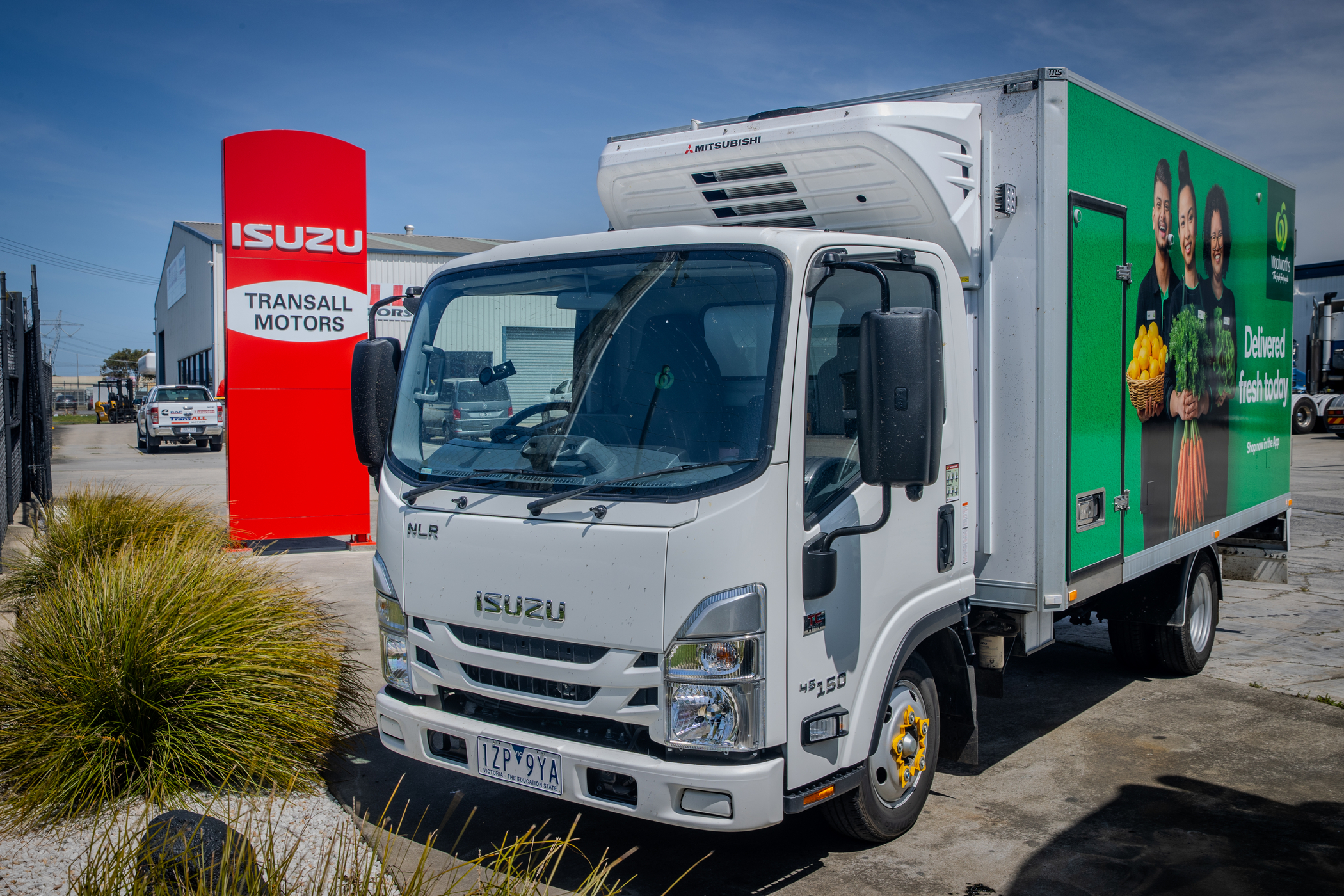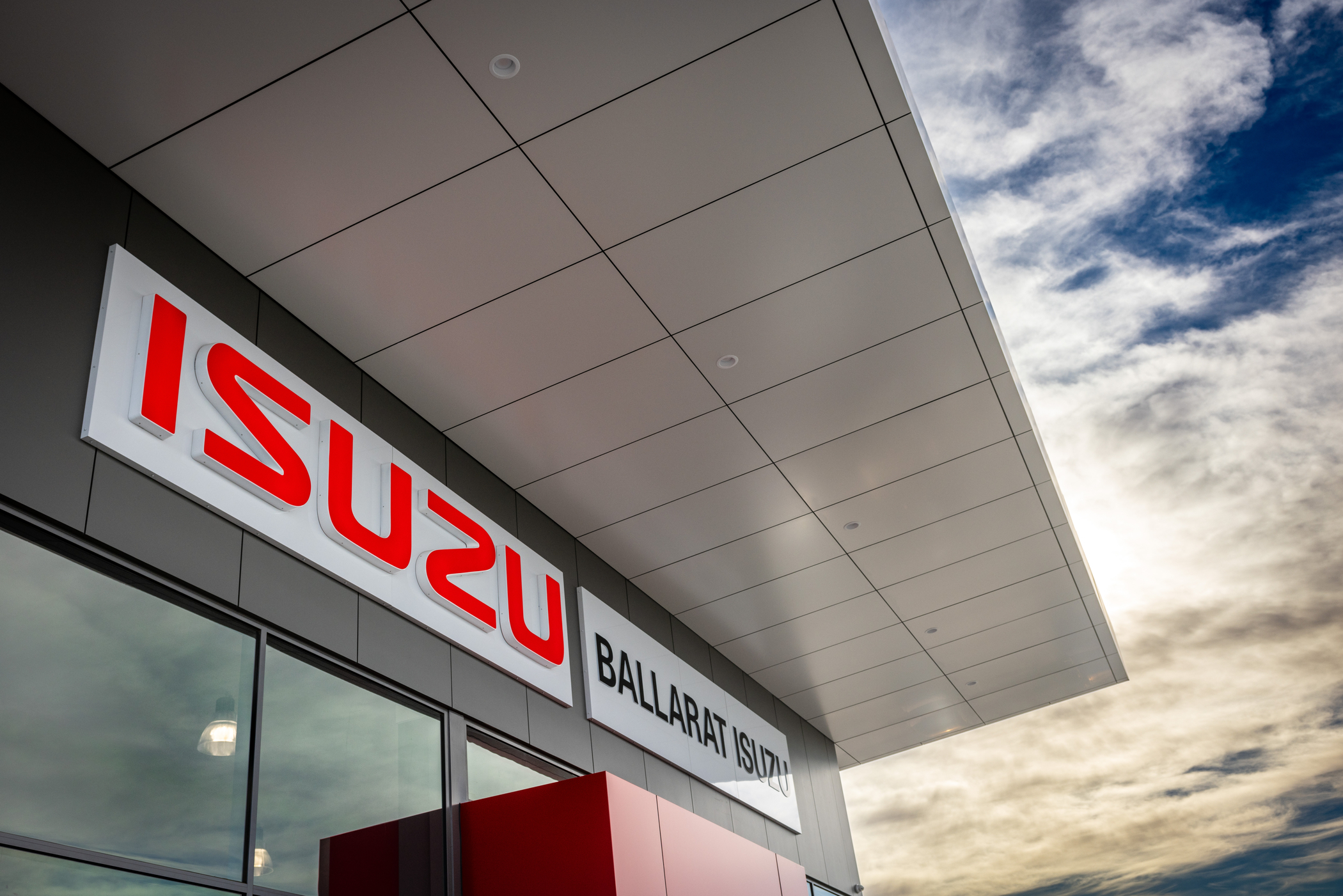FLEET COMPLIANCE: UNDERSTAND YOUR RESPONSIBILITIES
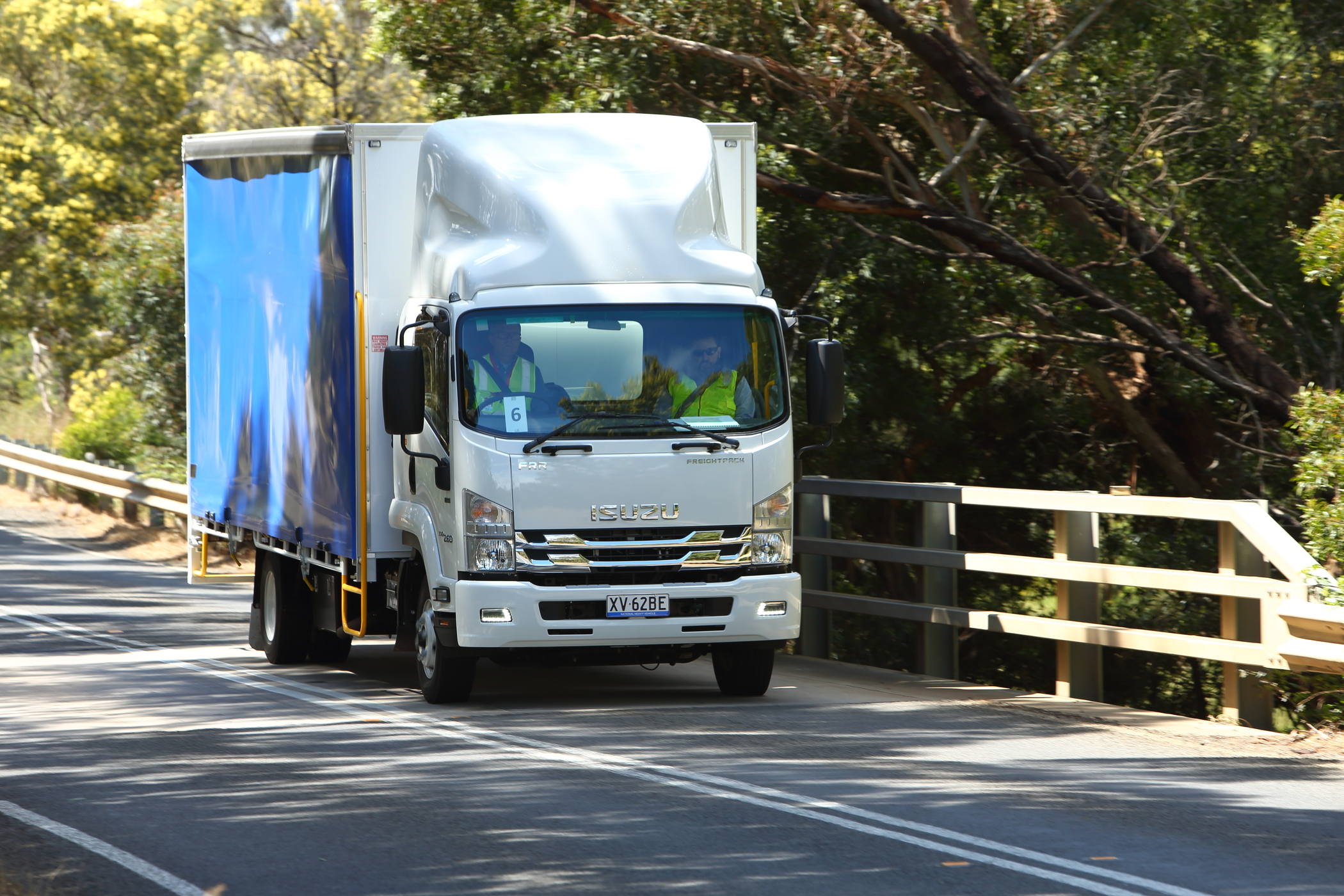
FLEET COMPLIANCE: UNDERSTAND YOUR RESPONSIBILITIES
While it may not always feel that way, the world is getting safer every year. Technological advances across almost all areas of society have led to extraordinary lifesaving breakthroughs along with more pedestrian quality-of-life improvements. The trucking and road transport industry is no different, with every part of the truck being constantly improved upon from the exhaust emissions through to the make-up of tyres. Safety has become one of the primary concerns within the trucking world and this focus has led to some amazing technological advances.
MORE WITH LESS
In the current uncertain economic times, organisations have shifted their focus towards ‘doing more with less’ and unfortunately this can often lead to corners being cut when it comes to compliance. While the challenges of recent years have certainly stressed the need to get the most out of every asset purchased, it’s more important than ever to ensure your business is educated on its responsibilities and operating well within its compliance obligations. Well worth a look, Isuzu’s Future of Trucking report provides the most recent data and sheds some light on where many businesses stand with their Chain of Responsibility (CoR) obligations. 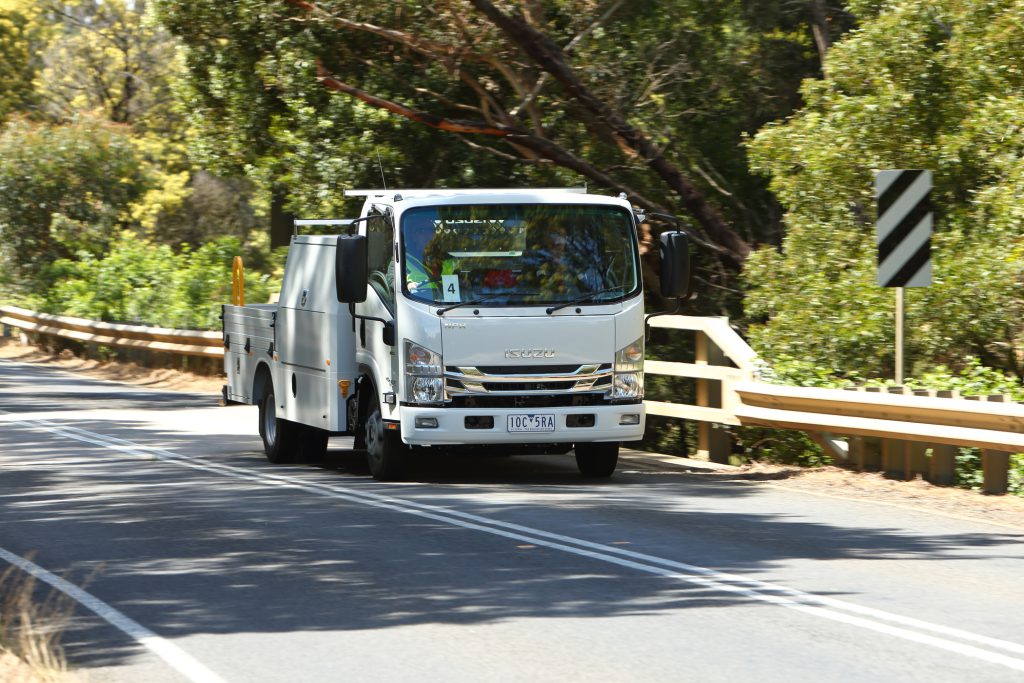
CHAIN OF RESPONSIBILITY
Amendments to CoR requirements of the Australian Heavy Vehicle National Law in 2018 meant all organisations using heavy vehicles had to take a more proactive approach to work safety. Regardless of industry, everyone involved in the journey of the heavy vehicle share responsibility for the safety of the truck, from fleet managers, right through to the forklift team that unloads. The National Heavy Vehicle Regulator (NHVR) has indicated it’s doubling down on efforts to prosecute breaches of CoR regulations. Again, the Future of Trucking report shows that smaller fleets are the most at risk of non-compliance, with 35 per cent of small fleets are completely unprepared for or unaware of their CoR requirements. Due to gaps in CoR awareness and education, smaller operations can be more prone to overlooking mass limitations and guidelines, overloading vehicles such as utes that are simply not fit for purpose. Fines for breaching the CoR regulations can run between $50,000 and $500,000, making compliance a non-negotiable expense for many, with 16 per cent of those surveyed in the Future of Trucking report describing compliance with CoR as “an essential business expense”.
PRE-BODIED
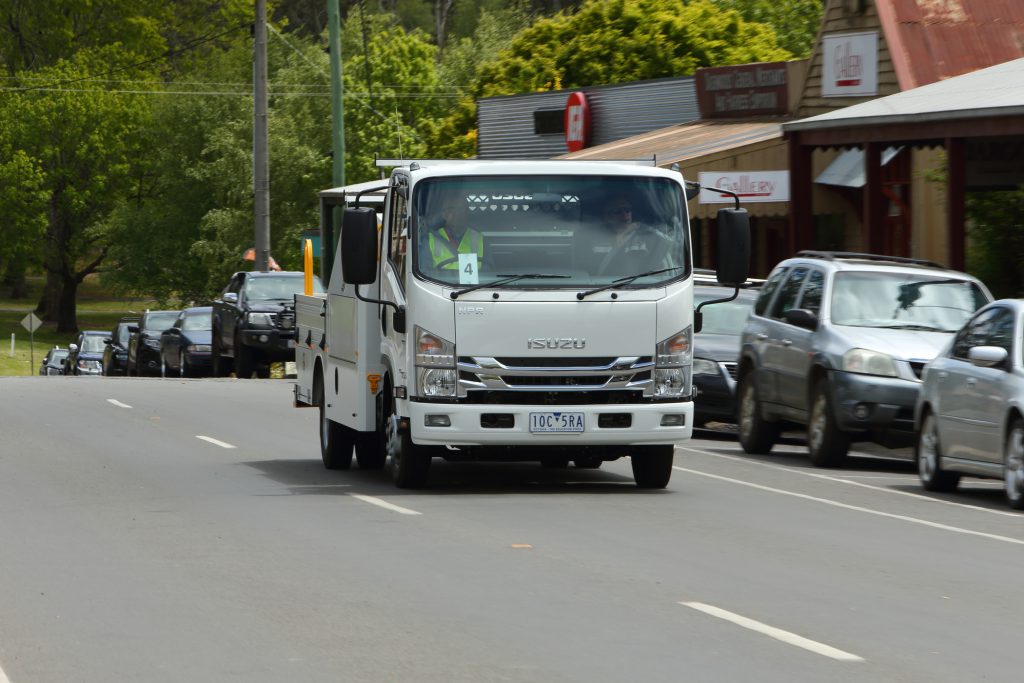 Another revelation from Isuzu’s Future of Trucking report was the notion that no less than 65 per cent of business owners felt it was more important (and more efficient) for new trucks to be pre-built and ready to drive away, compared to custom-built trucks. Having a factory backed piece of equipment lends you the peace of mind to drive straight to the job site without having to worry about whether or not you’re compliant. Pre-built trucks are standardised, tried and tested and in many cases are supported by an OEM warranty.
Another revelation from Isuzu’s Future of Trucking report was the notion that no less than 65 per cent of business owners felt it was more important (and more efficient) for new trucks to be pre-built and ready to drive away, compared to custom-built trucks. Having a factory backed piece of equipment lends you the peace of mind to drive straight to the job site without having to worry about whether or not you’re compliant. Pre-built trucks are standardised, tried and tested and in many cases are supported by an OEM warranty.
OVERLOADING
A huge area of focus for CoR is mass loading and this is where we often see smaller companies drawing the unwanted attention of regulatory bodies. Some smaller operators are overloading vehicles that are simply not fit for purpose. On many occasions, we see the NHVR targeting utes that are pulling overloaded trailers or are themselves dangerously laden.
UPGRADE AND SAVE
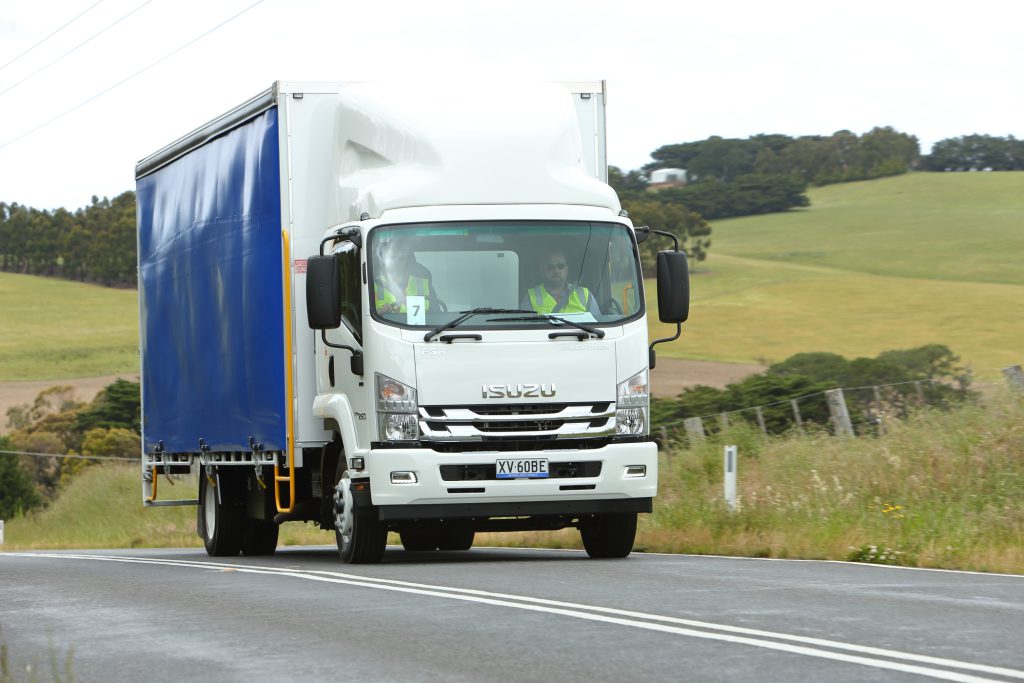 As a way to protect against possible fines and other issues resulting from CoR, some businesses have upgraded their fleets from utes to trucks. A bigger payload means that there is less of a chance of overloading and potentially racking up fines. A fit for purpose vehicle also means fewer trips, creating further savings and efficiencies on a number of levels for any transport dependent business. Future of Trucking data shows that 69 per cent of larger fleets (defined as a fleet of 20 or more vehicles) are in the process of developing CoR practices, meaning there are still a large number of businesses that are left vulnerable. Don’t be one of the businesses left behind. Make sure your CoR procedures are up to date. They should become as natural to your staff as any other OH&S process that takes place in the business.
As a way to protect against possible fines and other issues resulting from CoR, some businesses have upgraded their fleets from utes to trucks. A bigger payload means that there is less of a chance of overloading and potentially racking up fines. A fit for purpose vehicle also means fewer trips, creating further savings and efficiencies on a number of levels for any transport dependent business. Future of Trucking data shows that 69 per cent of larger fleets (defined as a fleet of 20 or more vehicles) are in the process of developing CoR practices, meaning there are still a large number of businesses that are left vulnerable. Don’t be one of the businesses left behind. Make sure your CoR procedures are up to date. They should become as natural to your staff as any other OH&S process that takes place in the business. 

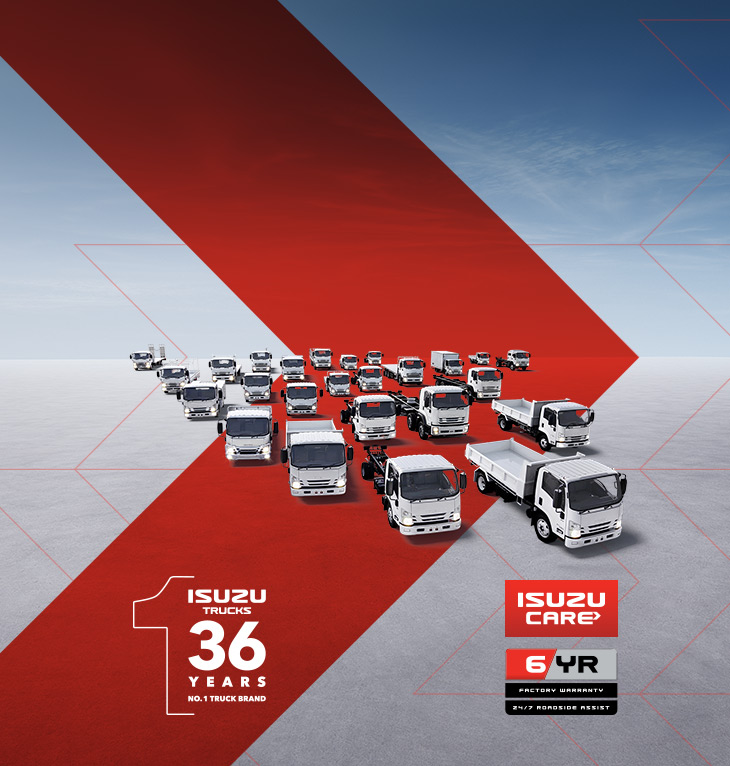
Lead the charge with Australia’s favourite truck.
2025 heralds Isuzu Trucks’ 36th year as market leader.* Number one in more than just sales, though, Isuzu Trucks has an unparalleled dealer support network, customer care program, truck range, and legendary reliability. To get behind the wheel of a winner, get into your nearest Isuzu Trucks Dealer now or visit isuzu.com.au
Learn More
